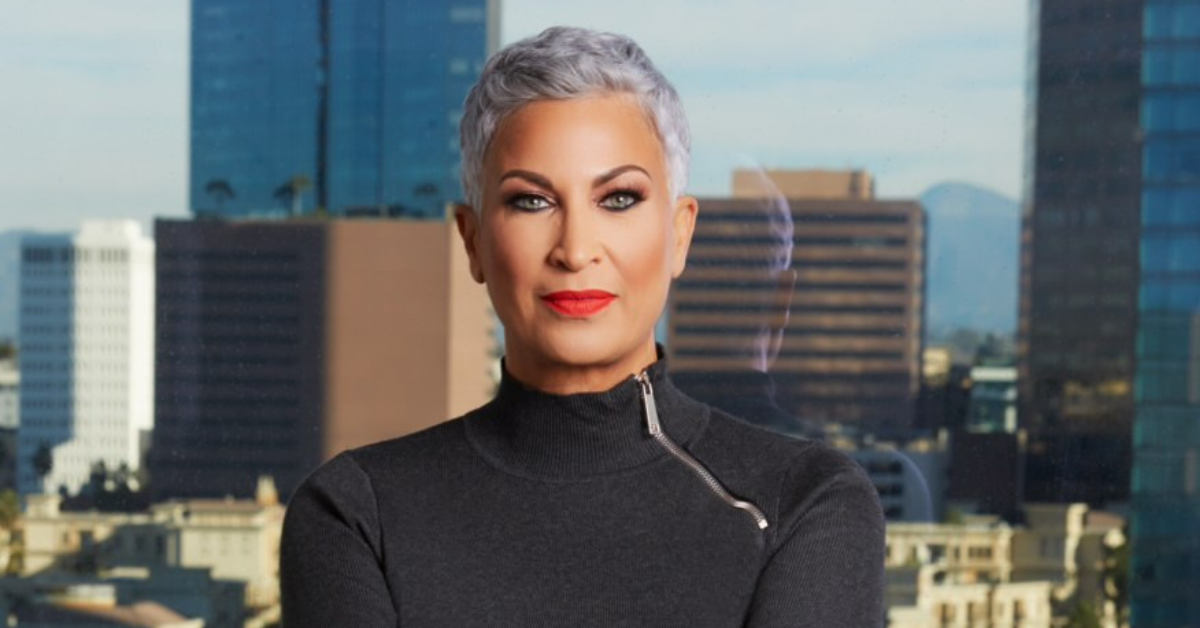What You Need To Know About Managing Hormonal Health

When we think about taking steps to improve our health and wellness, often some of the first things that come to mind are better managing our diet and exercise. While building healthy lifestyle routines is an important building block for maintaining overall health and wellness, as women it’s important that we also pay careful attention to our hormone health, making choices that support hormone balance.
Why can’t hormone health be overlooked? That’s because hormones are the chemicals that help coordinate different bodily functions. They carry messages through our blood to our organs, skin, muscles, and tissues. These messages are the signals that tell our bodies what to do and when. When our hormones are in balance, our bodies are receiving the right messages to maintain our health.

African American patient explaining issues to Asian doctor using tablet
Understanding Hormone Health
Better understanding hormone health is the first step in learning how to support healthy hormone balance in our bodies.
According to the Cleveland Clinic, hormones control many different processes including metabolism, homeostasis, growth and development, sexual function, reproduction, sleep, and mood. When our hormones are out of balance, we start to notice dysfunction in these areas. Conditions such as irregular periods, infertility, acne, diabetes, thyroid disease, and obesity are some of the most common conditions, as reported by the Clinic.
As women, it’s important to understand that different phases of life will impact the balance of our hormones. Puberty, pregnancy, and menopause all bring hormonal fluctuations.
However, these are not the only causes of hormonal fluctuations. If you’re experiencing a hormonal imbalance that’s not attributed to puberty, pregnancy, or menopause, it could be due to stress or medications. A doctor can take a blood test to diagnose a hormone imbalance and should be consulted if you have health concerns.
Paying Attention To Your Body
Truly understanding the state of our own personal hormone health requires that we pay attention to our bodies.
Dr. Sarah Pederson, board-certified OBGYN at Vera Health and Fertility, shares common symptoms that often get overlooked by women: persistent fatigue or low energy, irregular or absent menstrual cycles, early menopause symptoms, acne, hair thinning, and brittle nails.
“Fatigue can stem from various factors, but low estradiol and low testosterone are often significant contributors,” Sarah said. “Diet also plays a crucial role in energy levels. Fatigue can result from eating patterns that don’t align with a person’s metabolism or hormone profile — for example, skipping breakfast, not consuming enough protein, or relying too heavily on carbohydrates and sugars throughout the day.”
When we pay attention to our bodies, we can notice symptoms that get overlooked and use that information to empower us.

Managing Your Hormone Health
Taking care of your hormone health isn’t something you only need to do if you’ve been diagnosed with an imbalance. There are things you can focus on to manage your hormone health proactively.
For those who want to take a holistic approach to managing hormone health, Aspen Valley Hospital recommends making proactive lifestyle changes to diet and exercise.
“One of the most important steps women can take in maintaining healthy hormone production is exercise,” Aspen Valvey Hospital said in a statement on its website. “Combining cardiovascular fitness with strength and balance training is important. A regular fitness routine supports healthy female hormones, and can help decrease excess estrogen, which in turn improves unwanted symptoms of the female menstrual and lifecycle.”
Dr. Kara McElligott (OB/GYN, MD, MPH) also emphasizes the importance of exercise.
“Add strength training to your exercise routine,” Kara said. “Resistance exercises like weightlifting help improve insulin sensitivity, balance cortisol levels, and support the production of growth hormones. Strength training is especially beneficial for women approaching menopause, as it helps maintain muscle mass and bone density, which are both influenced by hormonal shifts. Aim for at least two sessions a week.”
While exercise is key, that doesn’t mean rest should be overlooked. lWhie exercise is key, that doesn’t mean rest should be overlooked.
“Inadequate sleep triggers elevated cortisol levels, which can disrupt your mood, energy, and metabolism,” Kara said. “To promote restorative sleep, set a consistent bedtime and aim for 7-8 hours of rest, create a calming routine before bed — try dim lighting, herbal tea, or journaling. Also, keep your bedroom cool, dark, and free from LED screens at least an hour before sleeping.”
Through increasing our awareness of the importance of hormone health, listening to our bodies, and making proactive lifestyle changes, we can set ourselves up for better hormone health.






